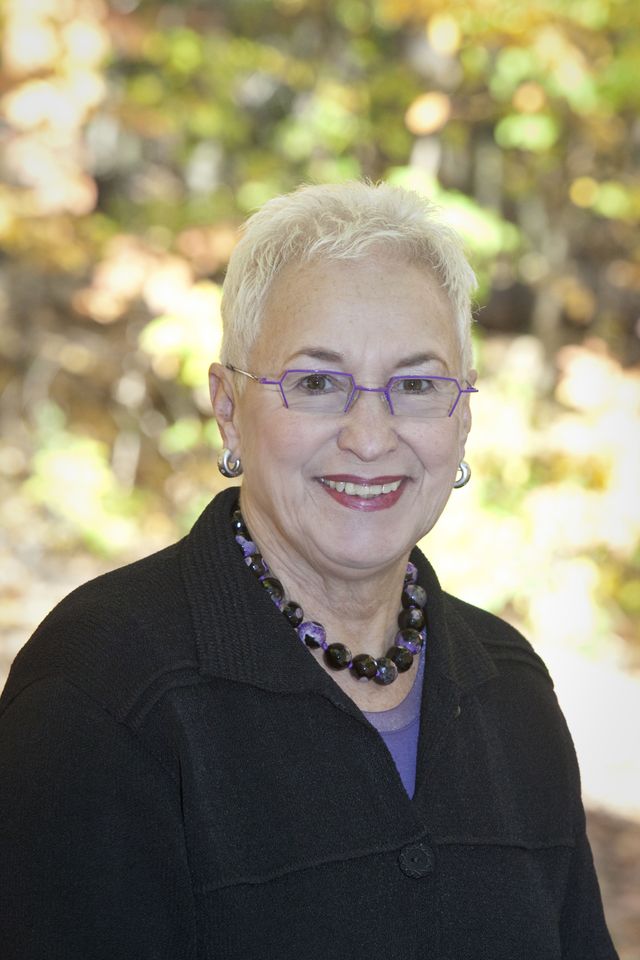Humanistic psychology is one of many orientations to psychology. It is one that considers the whole person and looks at the positive resources each individual possesses to live life fully. I did not know I was a humanistic psychologist until I began to study the concepts and values inherent in its practice. This occurred many years ago when I was in a graduate counseling degree program and started to read works by Clark Moustakas, Carl Rogers and Abraham Maslow. What they said resonated with my beliefs and the way I had worked with children as a teacher and hoped to serve as an elementary school guidance counselor.
Humanistic psychology came into the forefront in the mid 20th century when psychoanalysis, a focus on the internal psychic states of the individual, and behaviorism, on environmental influences, seemed inconsistent with the contemporary reality of life experience. Clearly that is how it seemed to me. Humanistic psychologists, like Clark Moustakas, Carl Rogers and Abraham Maslow, observed that most people seem to function holistically with positive intentions and were interested in seeking advancement for themselves and others. These ideas fit with my experience. And I had the good fortune of studying with and later working alongside Clark Moustakas.
Humanistic psychology is founded on the premise that each person is unique and to be accepted and respected for his or her individual qualities and characteristics. Each person is a blend of biology, past and current experiences, and diverse abilities and untapped resources to respond to life circumstances. Each individual attributes personal meaning to people and events that occur in his or her life and makes choices based on subjective perceptions to living. Each person has the capacity and opportunity for growth and change.
Humanistic psychology has at its core that growth is inevitable, potential can be realized, and happiness can be achieved. Within a genuine relationship that prizes authenticity, honesty and empathy, often with a humanistic psychologist, one’s assets are expanded and transformation can occur. Humanistic psychologists promote growth through heightened awareness and self-understanding, body/mind integration and a focus on well-being.
A humanistic psychologist sits in collaboration with a client with a basic belief in the person’s resources for healing and health. The humanist clinician focuses on the present while facilitating exploration of current and antecedent connection to thoughts, behaviors sensations and emotions that may serve as blocks to the individual’s engagement in living. Humanistic psychologists integrate contemporary models of treatment that correlate with its tenets and values.
Humanistic psychologists are committed to social change and remain alert and vocal in social justice issues, especially with marginalized populations. Caring and respect is everyone’s right and due.
If these ideas and practices resonate as you read them and pique your interest, humanistic psychology may be a specialty for you. Since self-awareness and an understanding of the resources you possess are so important, in studying humanistic psychology, you learn about your own potential. At the Michigan School of Professional Psychology, you engage in substantive coursework in scientific bases of behavior, existential philosophy, and contemporary clinical approaches as well as extensive studies of the person, enhancing creativity, and enriching and amplifying relationships. Not only can you become the best version of yourself, but you can learn to bring out the best in others.
 By Dr. Diane Blau, PhD, MSP President
By Dr. Diane Blau, PhD, MSP President